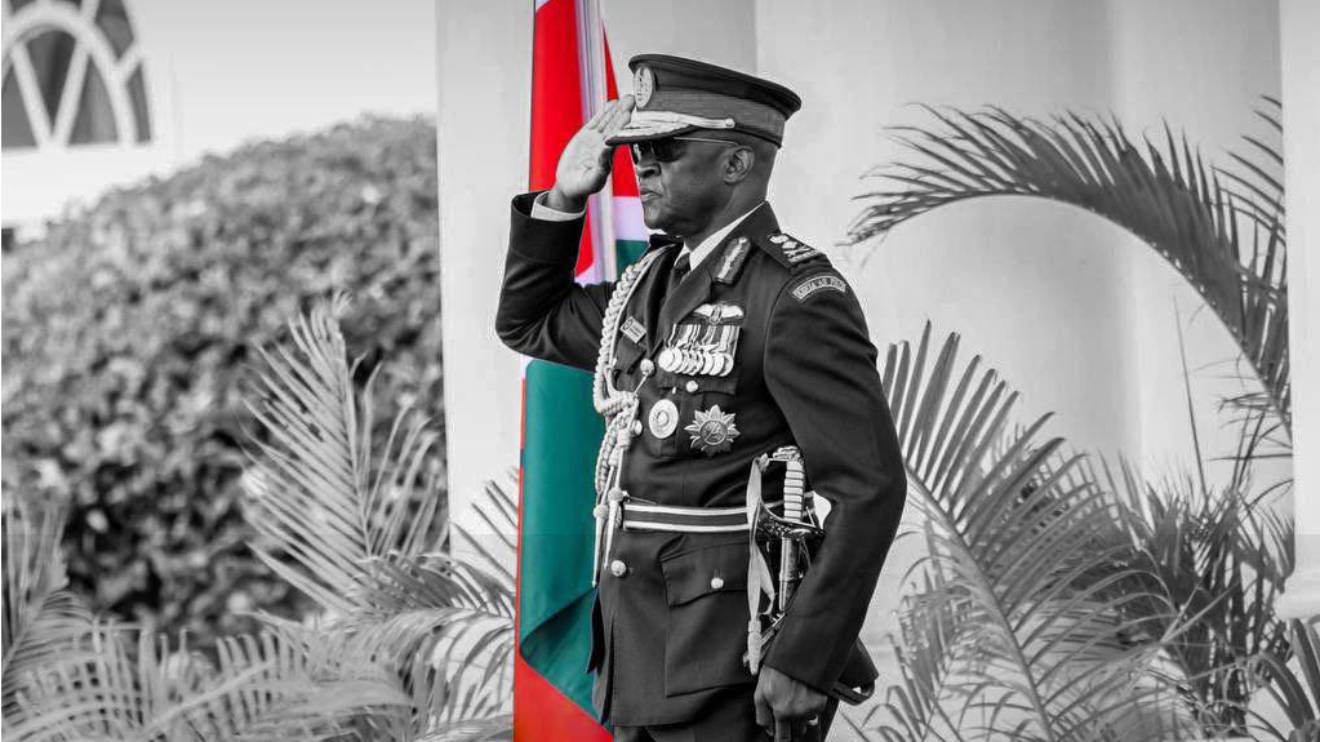By Joseph Muraya
Dennis Itumbi’s incident that comes barely weeks to an expected heated electioneering period should be an eye-opener to anyone who cares about facts and abhors misinformation, disinformation, and outright fake news.
Even before it can be known who abducted and subsequently tortured Itumbi, a section of Kenyans whose only interest is his welfare and mostly his family members have been treated to a contest of misinformation, disinformation, and fake news.
It’s interesting how a despicable act has divided a country so much, instead of uniting it in calls for truth.
Watching from the periphery, multiple interests, political and otherwise, have crowded a serious issue and could as a result deny the country a chance to have an honest discourse over it.
Read More
Bloggers and individuals allied to different political divides have exploited Itumbi’s misfortunes, to score for their sides.
Some politicians have sensationally accused President Uhuru Kenyatta and other senior government officials of playing a role, without proving an iota of evidence.
Interestingly, a section of bloggers have also been quick to dismiss the whole incident, even as police say they’re still investigating the motive and pursuing the perpetrators.
Others have sarcastically dubbed it a ‘Nigerian movie’ while those allied to Itumbi point an accusing finger at the state.
Itumbi is a diehard supporter of Deputy President William Ruto, whom he serves as a digital strategist and a fierce campaigner.
In all this and as painful as it may be for Itumbi, a self-styled crusader of ‘system ya facts’, truth is on the altar of misinformation.
Many Kenyans have been forced to look at the incident through multiple lenses ranging from his past, controversial as it may be, to his current political affiliation.
But an important discussion has unfortunately been suffocated in the noise; who abducted Itumbi and for what reasons?
If so, what does it mean for Kenya in a succession year?
Were state agents involved? Will this hurt Kenya’s delicate human rights record and what is the role of journalists and human rights defenders going forward?
Still, it will not be malicious to ask, was the incident, as alleged by some, stage-managed to score political ‘Bonga points’, if any?
Amidst the noise, journalists, independent investigative agencies, and human rights organizations must help sieve through the fake news, misinformation, and disinformation, and inform Kenyans of the truth.
Kenya has had a troubled past and more so in an electioneering period. This could be the right time to push for an informed discussion, ahead of yet another defining moment for the country.
In all the noise, a trend that is worrying is emerging; the use of influencers to distort information.
Elections in Kenya are emotive and as such, influencers, some with millions of followers can aggravate a dire situation by amplifying misinformation, fake news, and disinformation.
I see a major assignment for the National Cohesion and Integration Commission and other investigating agencies next year.
It is time for the said institutions to assess their ability to protect Kenyans from the vices of misinformation, fake news, and disinformation, without infringing on the rights of Kenyans to freedom of expression and speech.
As it is, the three vices pose a serious security challenge to the country.
Maybe it is also time for tech companies to develop more interest in what will happen in Kenya for the next few months.
Like they did with the American election, giant social media platforms have a major role in ensuring Kenyans are protected from an expected wave of misinformation, disinformation, and fake news.
Until then, a raging debate of whether Itumbi stage-managed his abduction and subsequent beatings or not continues.
‘Online doctors, relatives and detectives’ are working overtime to keep Kenyan’s mis/informed.
The Author, Joseph Muraya, is a Security, Governance and Human Rights Journalist based in Nairobi, Kenya. Twitter @MrMuraya.

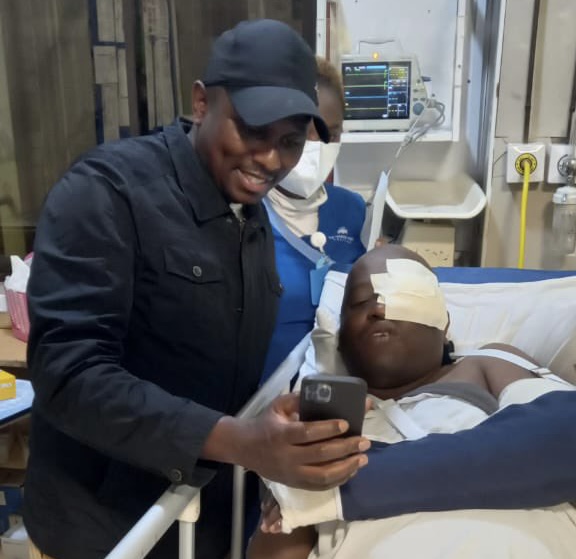


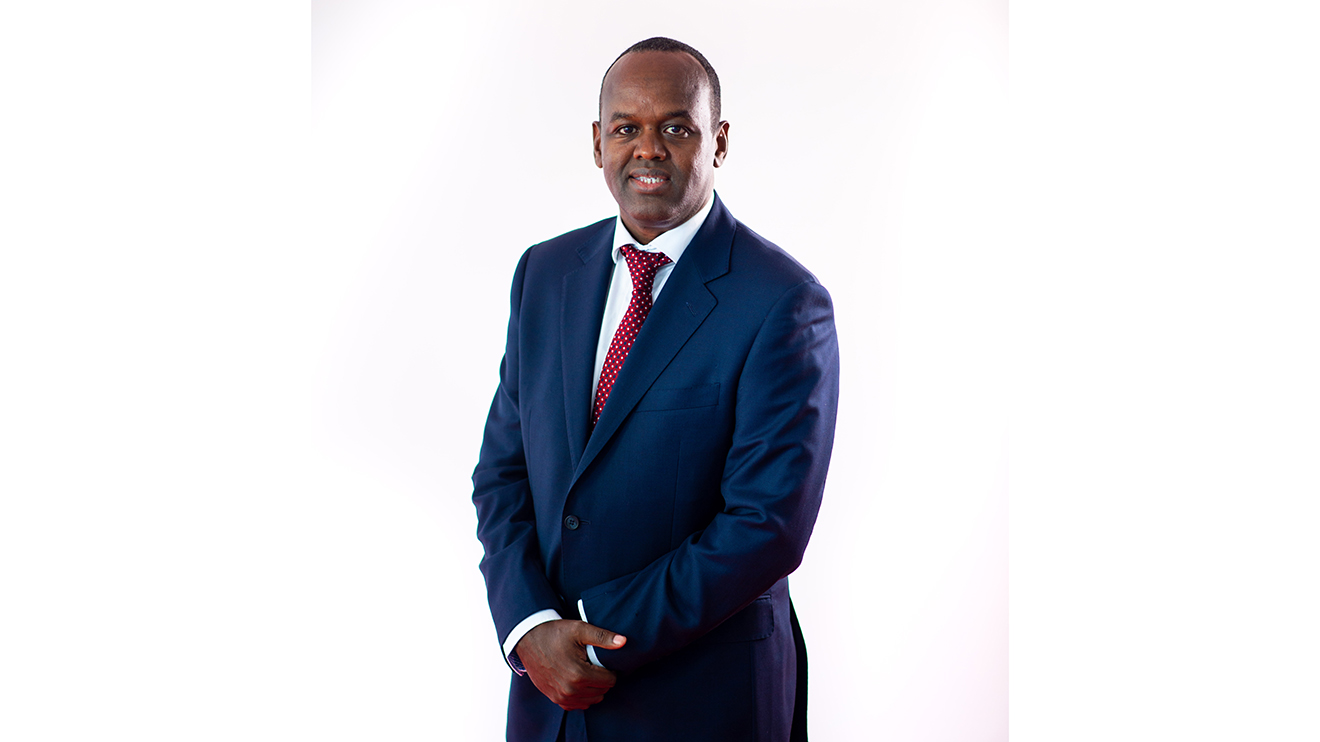
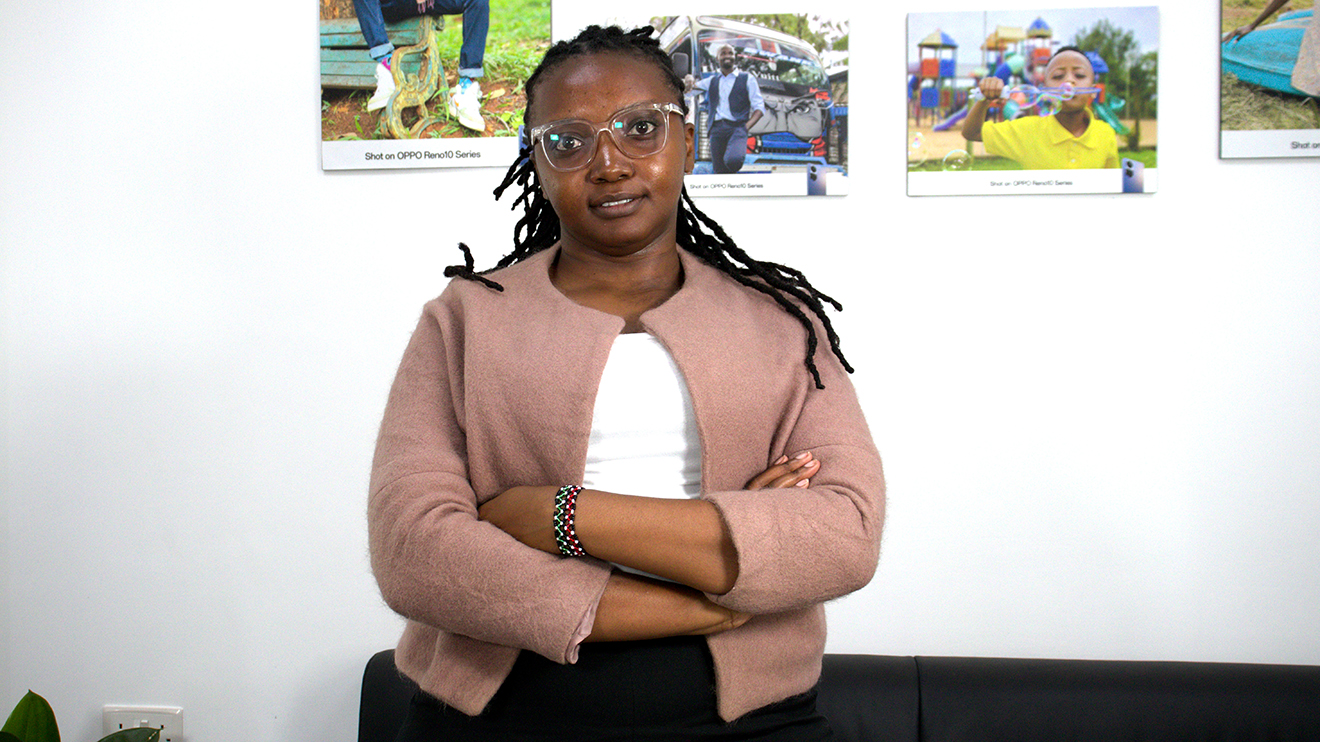

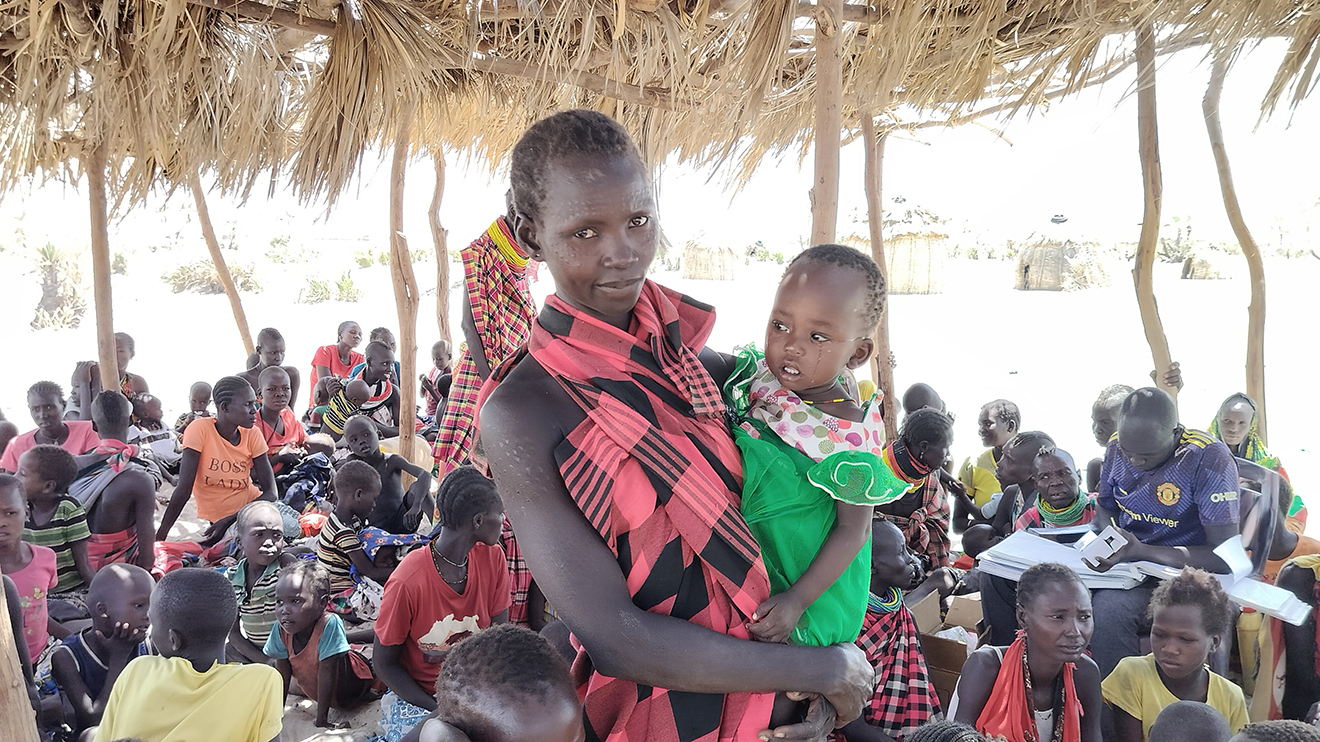

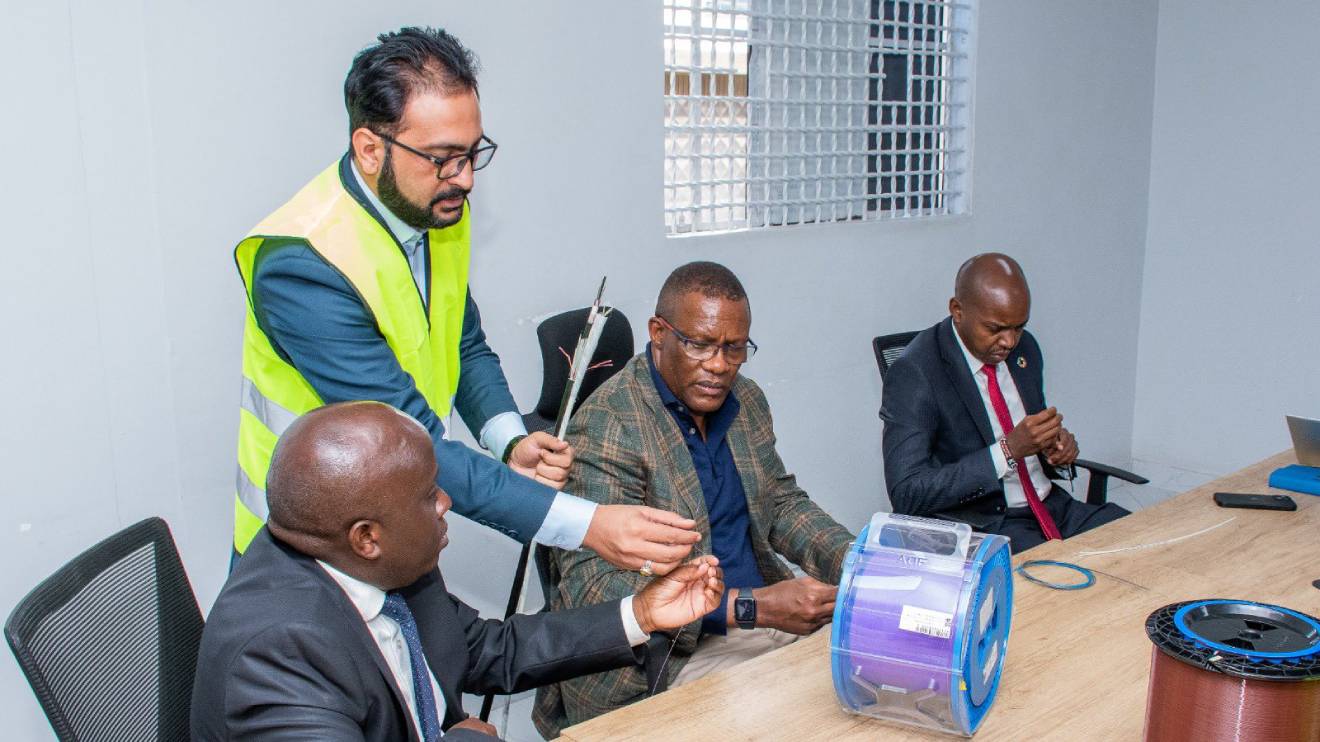
-1679766659.jpg)

